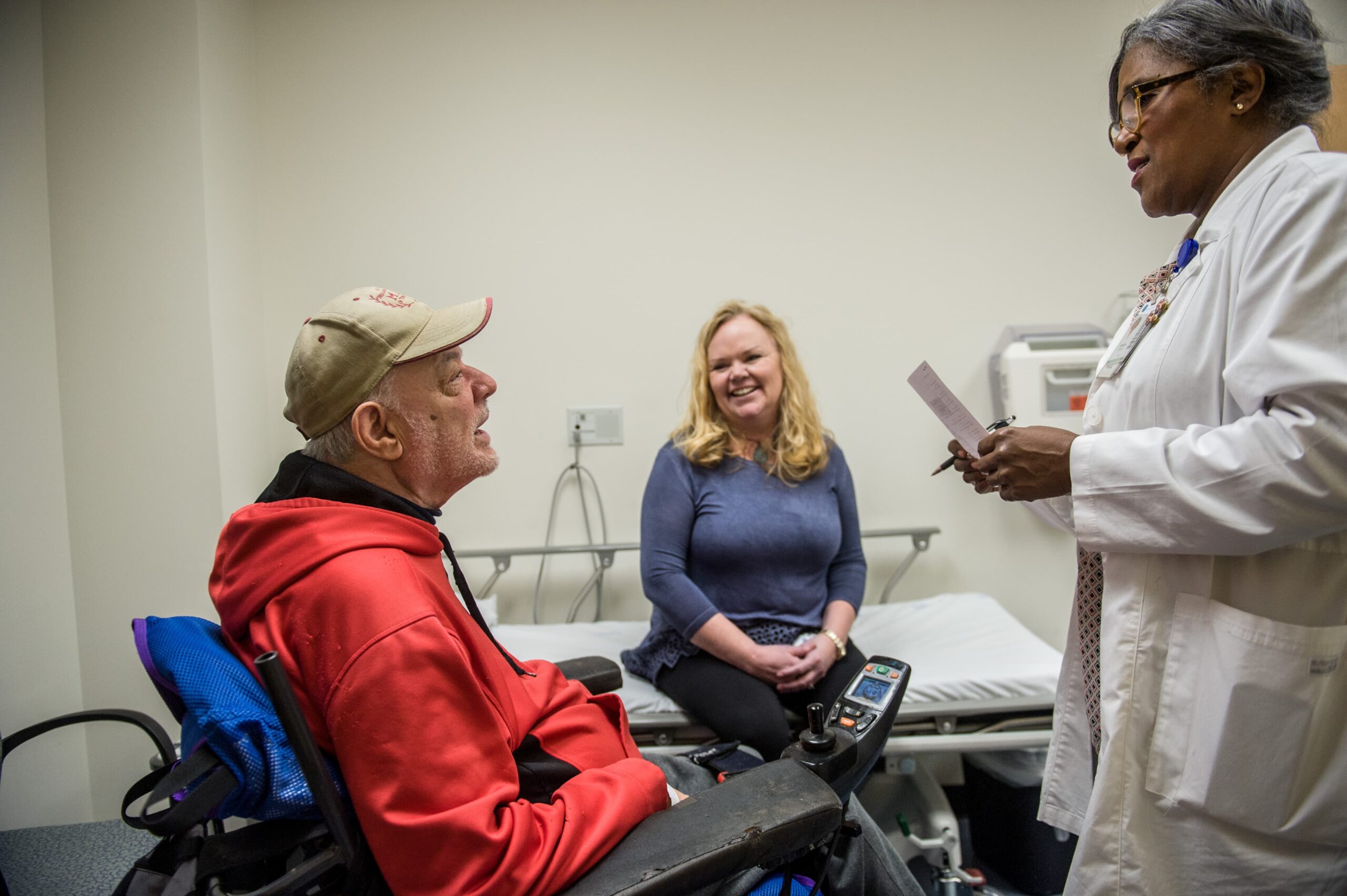Understanding neurogenic bladder
Neurogenic bladder is a dysfunction of the urinary tract caused by damage to the nervous system. In a healthy urinary system, the brain and bladder work together, relying on nerve signals to regulate muscle contractions and control urination.
When these signals are disrupted, as in the case of neurogenic bladder, normal communication breaks down. This can lead to a loss of bladder control, resulting in issues like leakage, incontinence, or difficulty emptying the bladder.
The impact of untreated neurogenic bladder
Without proper care, neurogenic bladder can damage the urinary system and increase the risk of secondary complications, such as:
- Urinary tract infections (UTIs)
- Kidney damage
- Bladder stones
Prompt treatment is essential to safeguard your overall health and urinary function.
Causes and types of neurogenic bladder
Common causes
Neurogenic bladder often results from conditions that disrupt nerve communication between the brain and bladder. These include:
- Spinal cord injuries
- Brain injuries
- Stroke
- Neurological disorders such as multiple sclerosis
Types of neurogenic bladder dysfunction
- Stress incontinence: Leakage during physical activities like coughing, sneezing, or exercising, often due to weakened pelvic floor muscles.
- Overflow incontinence: Occurs when the bladder overfills and leaks due to incomplete emptying, often caused by obstructions or nerve damage.
- Urge incontinence: Characterized by sudden, intense urges to urinate, often linked to overactive bladder muscles.


